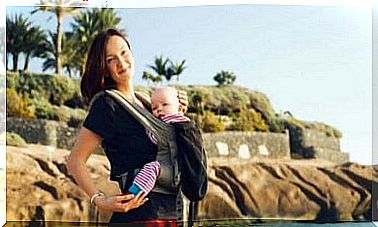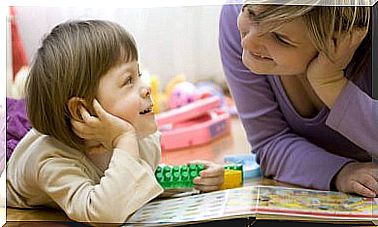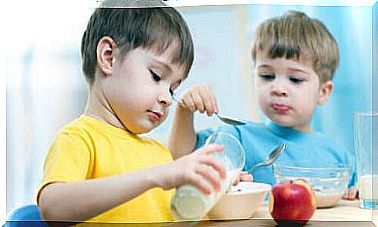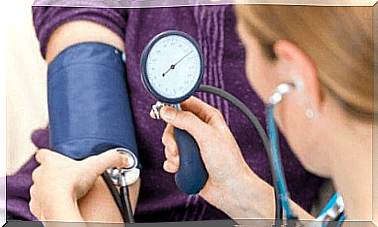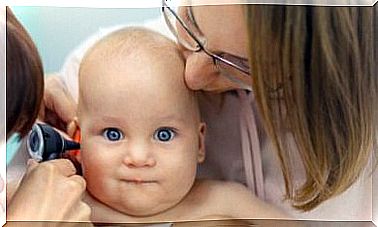7 Things To Know About Pregnancy After 35 – Parenting
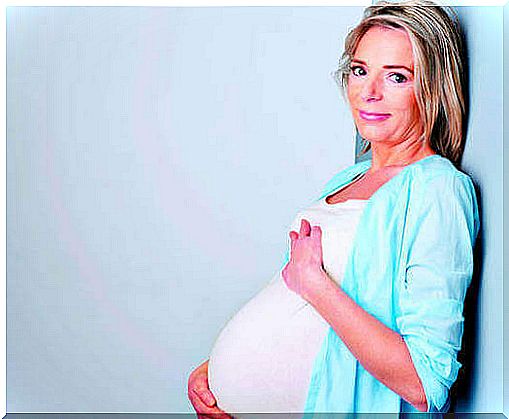
There are some inescapable realities, such as the fact that from the age of 35 and as women age, difficulties with conception as well as complications during pregnancy and childbirth increase.
However, another great truth is that more and more women are waiting to consolidate their university studies and to balance their economic condition in order to then get pregnant.
A brief search on the internet is enough to know the possible risks of a pregnancy after 35 years. Among other things, there is a higher incidence of cesarean sections, a double risk of preterm birth and 7% more gestational diabetes compared to the rest of the general population.
However, these variables can be monitored if these women become pregnant at a age advanced traveling responsibly to their appointment to the doctor and undergo all medical examinations recommended by the specialists.
Taking care of your health is essential during pregnancy

Currently, a balanced woman who experiences a pregnancy after 35 years is not taking any risk for her own health, says gynecologist Isabel Palencia.
And to support her thesis, the specialist maintains that women today generally take much more care of themselves than before and tend to have their pregnancy monitored and controlled very adequately by the gynecologist.
She explains that the rules for women who become pregnant after 35 are practically the same as for a 25-year-old woman. Except that the medical checks are a little more exhaustive and they must be more rigorous when following the instructions of the gynecologist. “As with any pregnancy, you should avoid gaining more than nine kilos, smoking and drinking alcohol,” she recommends.
Even if you are in good health, know that for specialists, a pregnancy after 35 years is considered a high risk pregnancy. Therefore, from this age, the risk of maternal mortality is greater.
For this reason, women must be aware of the risks associated with pregnancy and must be followed by trained professionals and in multidisciplinary teams. Because by increasing the life expectancy of these women, they will be able to take care of their children for a long time to come.
7 facts about pregnancy after 35
Knowing the pros and cons of getting pregnant after 35 is the best guide you can have when planning your baby’s birth.
There are no perfect methods, however doctors point out that the best age to get pregnant is between 20 and 35 years old. The body clock is something we cannot change or delay, and it is a reality: more and more women prefer to organize and mature emotionally before giving birth.
Every woman has the right and the freedom to decide when she wants to conceive. Here are 7 facts that illustrate the experience of a late pregnancy:
-
Older women with first child can live longer
According to an American study, women who wait before having their first child live longer than those who start to form a family at a younger age.
While late pregnancies increase the risk of miscarriages and birth defects, researchers have observed that women who experience their first pregnancy at over 25 are 11% more likely to reach the age of 90 than mothers. younger.
-
More mothers are pregnant after 35 and they and their babies are healthy
In the United States, the number of first births per 1,000 women aged 35 to 39 increased 36% between 1991 and 2001, and the rate among women aged 40 to 44 reached 70%.
-
Being an older mom can improve your mental skills

According to a recent study published in the Journal of the American Geriatrics Society, being a mother after the age of 35 improves a woman’s mental abilities.
According to this research, women who have their first child at an advanced age score better on tests of mental acuity, problem solving and verbal skills.
-
Getting pregnant after 35 increases the likelihood of having twins
One fact about getting pregnant at an older age is that it increases the chances of having twins (or multiple pregnancies), not only with fertility treatments but also in a natural way.
-
Becoming pregnant over 35 greatly increases the risk of having a baby with a birth defect
The most common problem that affects chromosomes is Down Syndrome, a disease in which the child has one more chromosome than normal.
Statistics reveal the following data: at age 25, a woman has a 1 in 1250 chance of having a baby with Down Syndrome; 1 in 1,000 by the age of 30; 1 in 400 by the age of 35; 1 in 100 at 40 and at 45, 1 in 30 chance.
-
After 35, childbirth is often more difficult
According to Spanish doctor Isabel Palencia, first mothers over 35 tend to have a more complicated birth.
She explains that “the dilation step is longer because the tissues are harder. Therefore, expulsion is slower and carries a greater risk of fetal distress ”.
-
Pregnant women in old age are at higher risk of preeclampsia and eclampsia
The risk of pre-eclampsia and eclampsia is higher in women who have their first child at an old age. The reasons for this phenomenon are not very clear. In some cases, this happens as a result of high blood pressure or diabetes that was present before becoming pregnant.
Some considerations to take when pregnant with older women
First of all and it has nothing to do with age, any woman who wants to get pregnant in a planned way must be in excellent health, as this will help her to enjoy this wonderful experience.
This is why we offer you these few considerations to take into account if you are over 35 and want to enjoy a healthy pregnancy:
- Consult a doctor before getting pregnant
- Before and during the first month of pregnancy, daily take a vitamin complex prescribed by the doctor. Opt for those that contain 500 milligrams of folic acid as it helps prevent neural tube defects.
- Start pregnancy at a healthy weight (neither too overweight nor underweight)
- From the start of pregnancy, go to prenatal exams regularly, without missing a single one.
- Eat a varied and nutritious diet and pay special attention to foods that naturally contain folic acid: orange juice, legumes, cereals and vegetables.
